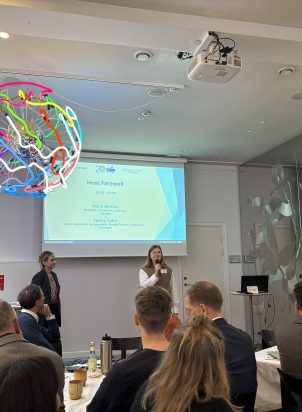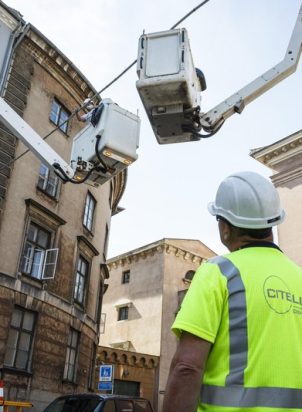New participatory EU hub for contributing to shaping future policies and research for rural areas was launched in Bruxelles in October.
One of the most ambitious public participation projects ever funded by the European Commission has just been launched, and it is called the SHERPA project.
The Sustainable Hub to Engage in Rural Policies with Actors (SHERPA project) is a four-year project funded by the European Union’s Horizon 2020 research and innovation programme. The project aims at engaging citizens, stakeholders, scientists, and decision-makers in formulating recommendations with the ambition to redefine European development policies and research agenda for rural areas. The interaction between research, policy and citizens will take place in up to 40 Multi-Actor Platforms (MAPs) placed in 20 Member States and in a MAP at EU level.
The SHERPA rural citizens-science-policy hub will contribute to policy development in three areas:
• providing inputs for the design of future research policies, with a focus on preparation of work programmes under Horizon Europe;
• supporting the implementation of policies relevant to rural areas in the 2021-2027 programming period;
• helping set the direction of rural policy in the next programming period (after 2027).
Nordregio’s role is to develop the framework for the science-society-policy interface in the MAPS by collecting methods for engaging the stakeholders and establishing conditions for processes leading to learning and formulation of recommendations. Nordregio will also organise MAPs in Denmark, Finland (start 2019/2020), Sweden and Estonia (start 2021/22). Nordregio’s senior research Fellows Elin Slätmo and Soren Qvist Eliasen are leading Nordregio’s activities in the project.
SHERPA’s implementation approach will follow four guiding principles: flexible programming of activities to enable timely and responsive contributions to policymaking, impartiality and transparency; recognition of the diversity of EU rural territories and multi-level interactions; and co-construction.
“The project will adopt a new inclusive approach to facilitate the establishment of lasting interfaces between society, science and policy stakeholders dedicated to strengthening the resilience of rural areas.”
Olivier Chartier, Project Coordinator
At its core, SHERPA is designed to ensure the effective use of knowledge gained from previous investment in research, and empower key actors in the development of public policy in rural areas. The project will set a new standard for shaping a common vision for the future of rural areas and public participation through scoping and stock-taking of past research results, development and assessment of solutions for addressing challenges and opportunities for the next two decades.
During the kick-off meeting, the MAPs of the project expressed the interest to work on a variety of policy issues related to service provision and well-being, climate change, digitisation, sustainability and agriculture. A key outcome from the project will be the development of position papers that will provide policy recommendations on a specific thematic area, on the basis of previous research and the local input of the MAPs.
By uniting 17 partners from all over Europe, SHERPA will build strong capacities in the field – inspiring for future engagement and evidence-based policy-making processes.
What is next?
Early next year, SHERPA will pilot the methodology in a number of selected MAPs in different Member States to develop the first SHERPA position papers. The official website of SHERPA will be launched very soon together with the Social Media channels.











